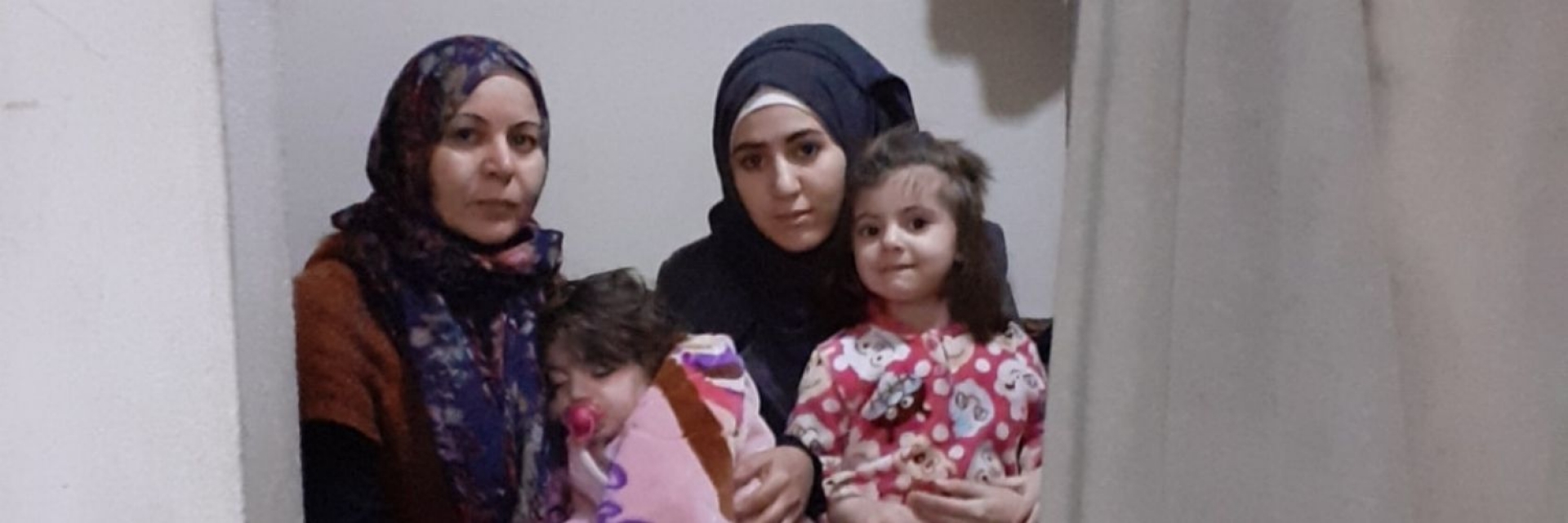
Helping Syrian youth in Lebanon
Loubna and her family first arrived in Lebanon as refugees, and together they rented a small apartment in Bekaa. Loubna got a job as a caretaker in a clothing store, which allowed her to provide for her two daughters on her own, since her husband is no longer in the picture.
Her mother, who had been a school principal back in Syria, got a job working in a sewing factory, then she got a job cleaning homes. The high rates of COVID-19 and the subsequent restrictions have made it hard for her to get any work.
Her mother had always been able to provide for her family in the past, and not being able to do so has been taking an emotional toll on her.
“She’s in a really rough place, mentally I mean, because she believes she hasn’t been able to protect her family and give them a happy life,” said Loubna.
Loubna also finds herself struggling with unemployment. She was forced to leave her job as a caretaker after being harassed by her employer.
“I’m afraid to work again. I’m worried someone might harass me,” said Loubna.
Her personal experience has made it hard for her to re-enter an already unstable workforce that has been deeply affected by a recent financial collapse, the devastating explosion in the port of Beirut, and the impact of COVID-19.
Syrian refugees — like Loubna, her sister and her mother — who already face several disadvantages, have become particularly vulnerable since the explosion on August 4th, 2020. With all three of them unemployed, they haven’t been able to cover rent for the past several months. Loubna is only 19 years old, and already in debt from buying food and supplies for her children.
As part of the Humanitarian Coalition, Save the Children is working with disadvantaged Syrian youth in Lebanon.
Thanks to the generosity of Canadian donors and a matching fund from the government of Canada, Loubna and others like her are receiving mental health support and employment training. And she has also received one of two cash assistance transfers so that her family can meet their most essential needs.
The employment training includes English lessons, soft skills and digital literacy skills, all of which will help Loubna gain stable employment so she can once again provide for herself and her children.